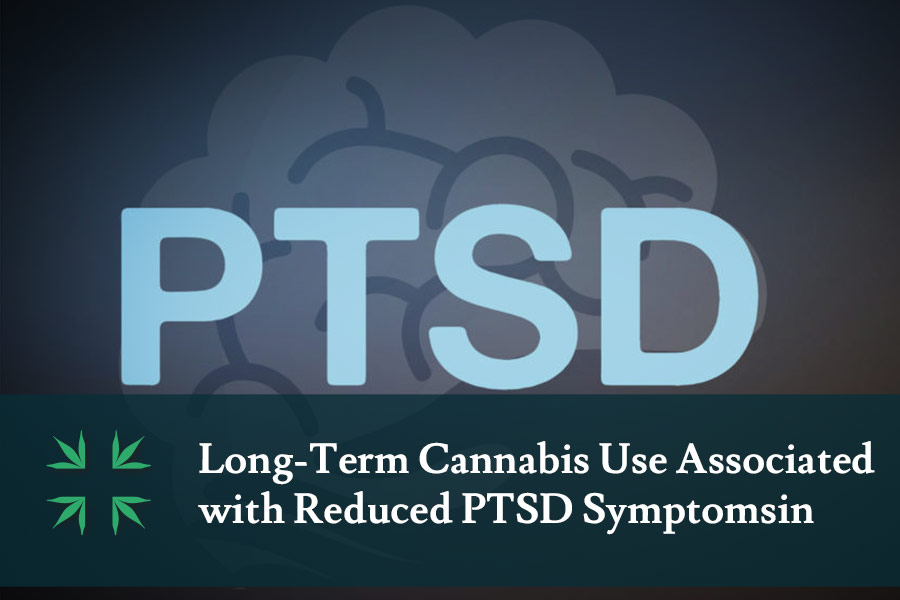People suffering from post-traumatic stress disorder (PTSD) who use marijuana for over a year could alleviate the symptoms of their condition compared with PTSD patients who do not consume cannabis, according to the findings of a new study.
Researchers from the University of Colorado’s School of Medicine, John Hopkins University and the University of Pennsylvania’s Perelman School of Medicine wanted to determine marijuana’s efficacy at treating PTSD symptoms given the increasing legal availability of cannabis and the inclusion of PTSD as a qualifying condition in several medical marijuana programs in the US.
To do so, the researchers divided 150 participants with PTSD into two groups. One where the participants used marijuana sourced from state-legal dispensaries, the other where the participants did not use cannabis. Every three months over the course of one year, all the participants were assessed on the basis of their PTSD symptoms.
The resulting findings, published in the journal Cannabis and Cannabinoid Research, indicate that PTSD sufferers who use marijuana were 2.57 times more likely to no longer meet established criteria for PTSD by the end of the year compared to nonusers of cannabis.
“Participants who used primarily THC-dominant cannabis reported a greater reduction in PTSD symptom severity over time compared to controls,” the researchers wrote. “Cannabis users also showed a greater than two-fold rate of remission from their PTSD diagnosis (defined by no longer meeting criteria for a PTSD diagnosis on the CAPS-5) compared to controls by the 1-year follow-up assessment.”
Based on their findings, the researchers conclude that marijuana legally sold in dispensaries could offer an alternative treatment for PTSD, and that this possibility should be fully investigated through clinical trials.
“This study provides evidence that the types of cannabis available in recreational and medical cannabis dispensaries might hold promise as an alternative treatment for PTSD. … This study’s primary outcome supports the theory that cannabis should be [tested in clinical trials] as a potential therapeutic for PTSD,” the researchers concluded.
Conducting such trials, however, is difficult given marijuana’s Schedule I status in the US. A 2019 Senate bill to force the US Department for Veteran Affairs to carry out research on the medical benefits of cannabis for the treatment of conditions common to veterans, such as PTSD, failed to advance in the upper chamber. In the meantime, a coalition of scientists and veterans took out a lawsuit against the Drug Enforcement Agency to force a change in marijuana’s restrictive classification in order to facilitate greater research into the plant.
These latest findings support the conclusions of previous research into marijuana’s effects on PTSD symptoms. A 2014 study found patients reported reduced PTSD symptoms during periods when they consumed cannabis compared to times when they did not. However, other studies have arrived at different conclusions on this issue. For instance, one published in the journal Psychological Medicine found “[N]o evidence of improvement in PTSD-related intrusion symptoms or remission in PTSD diagnosis in association with long-term use of cannabis.”

Leave A Comment